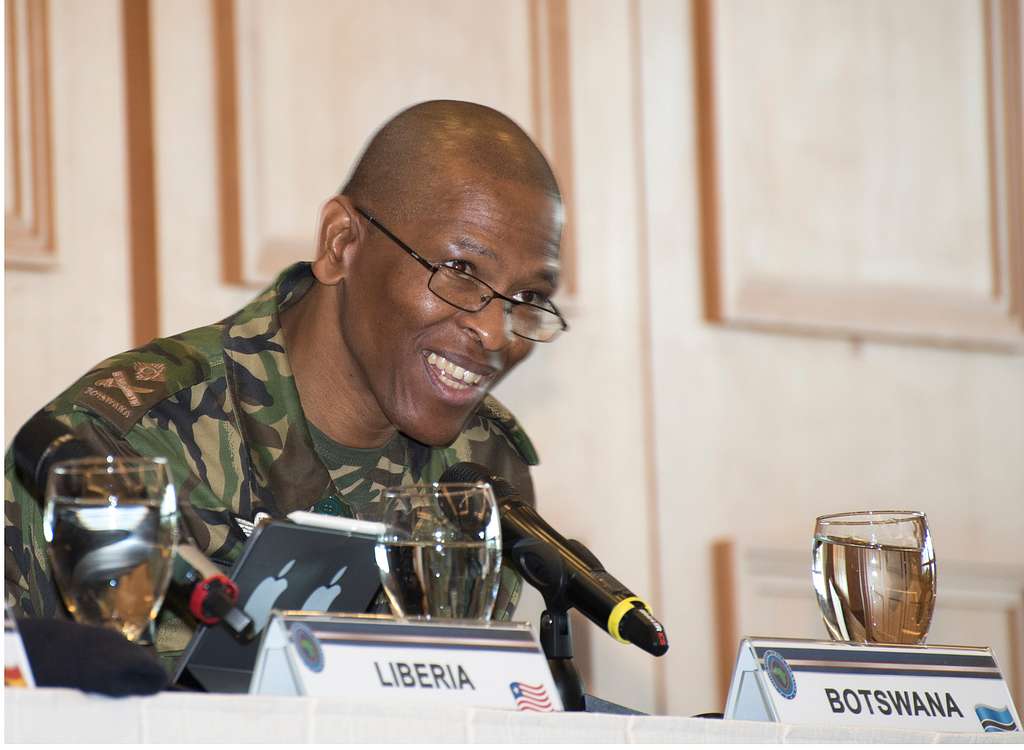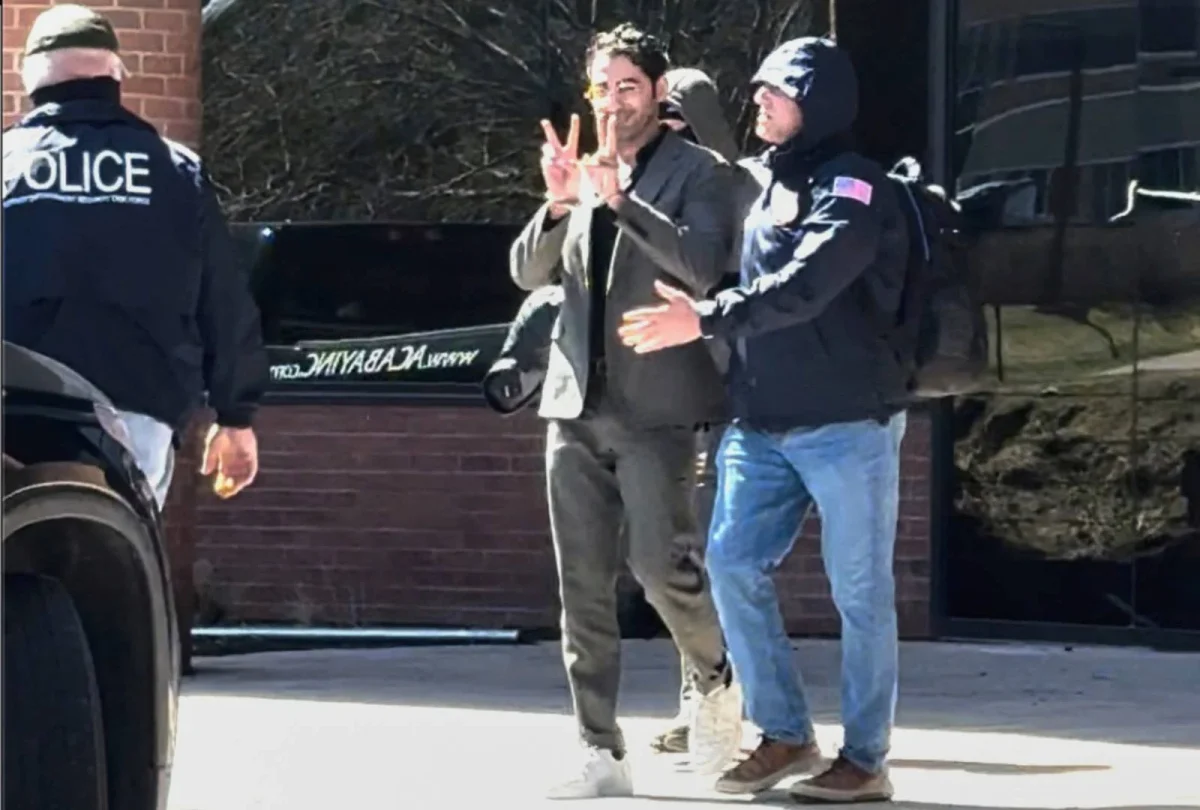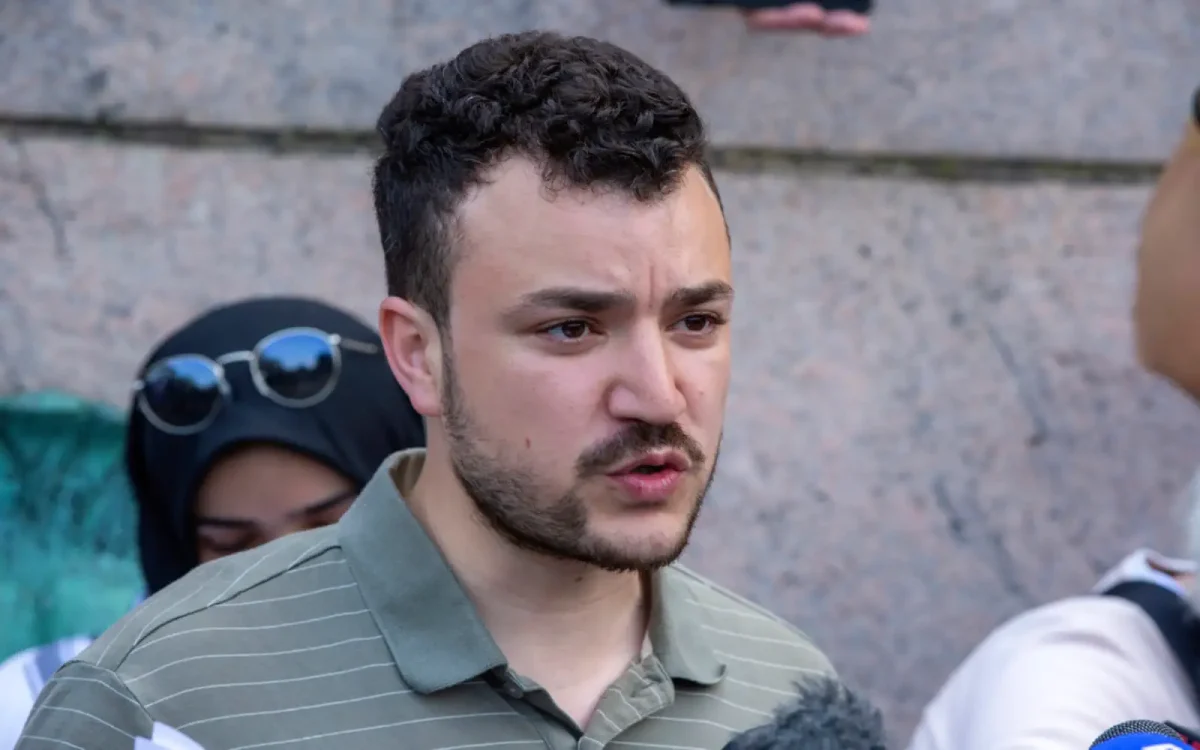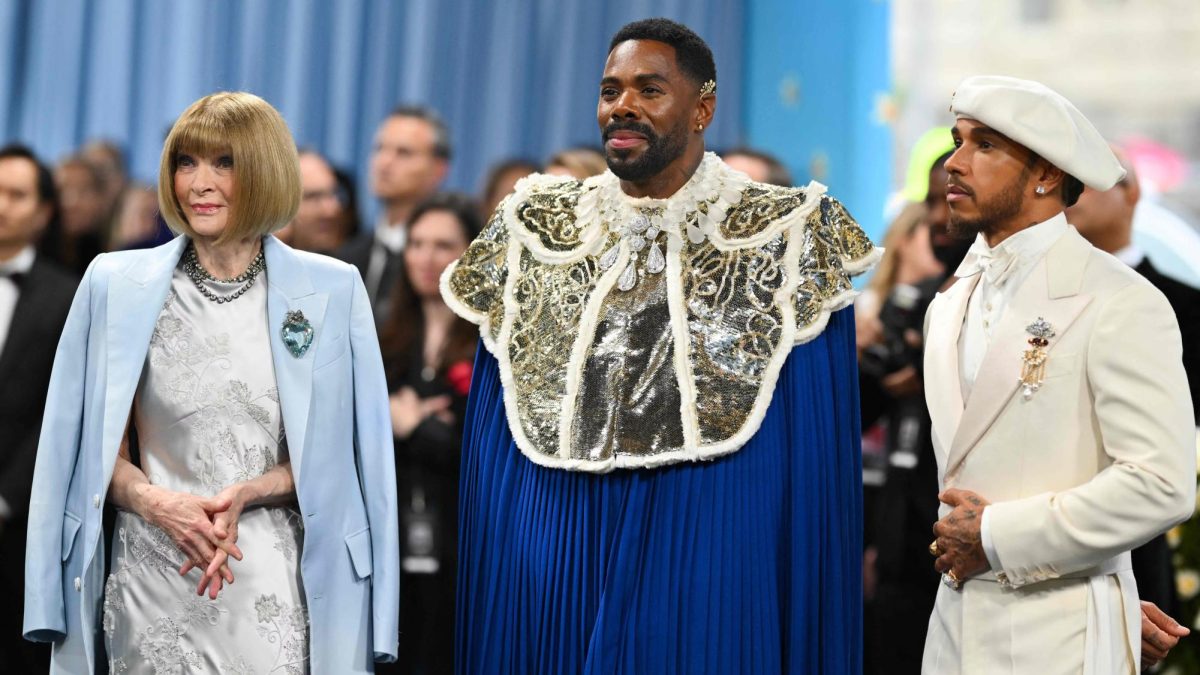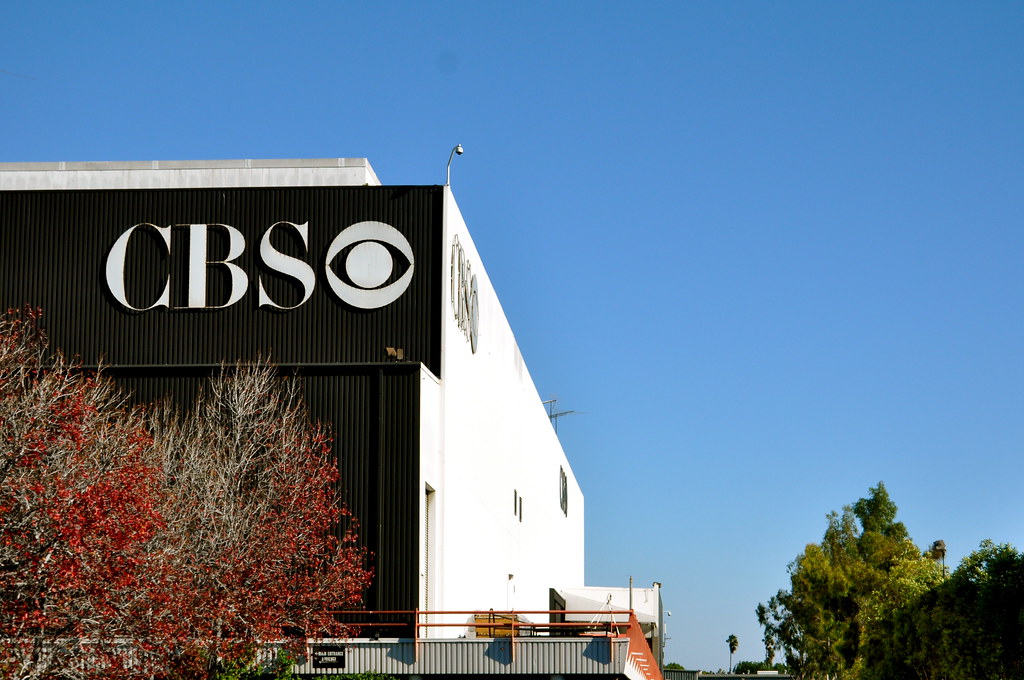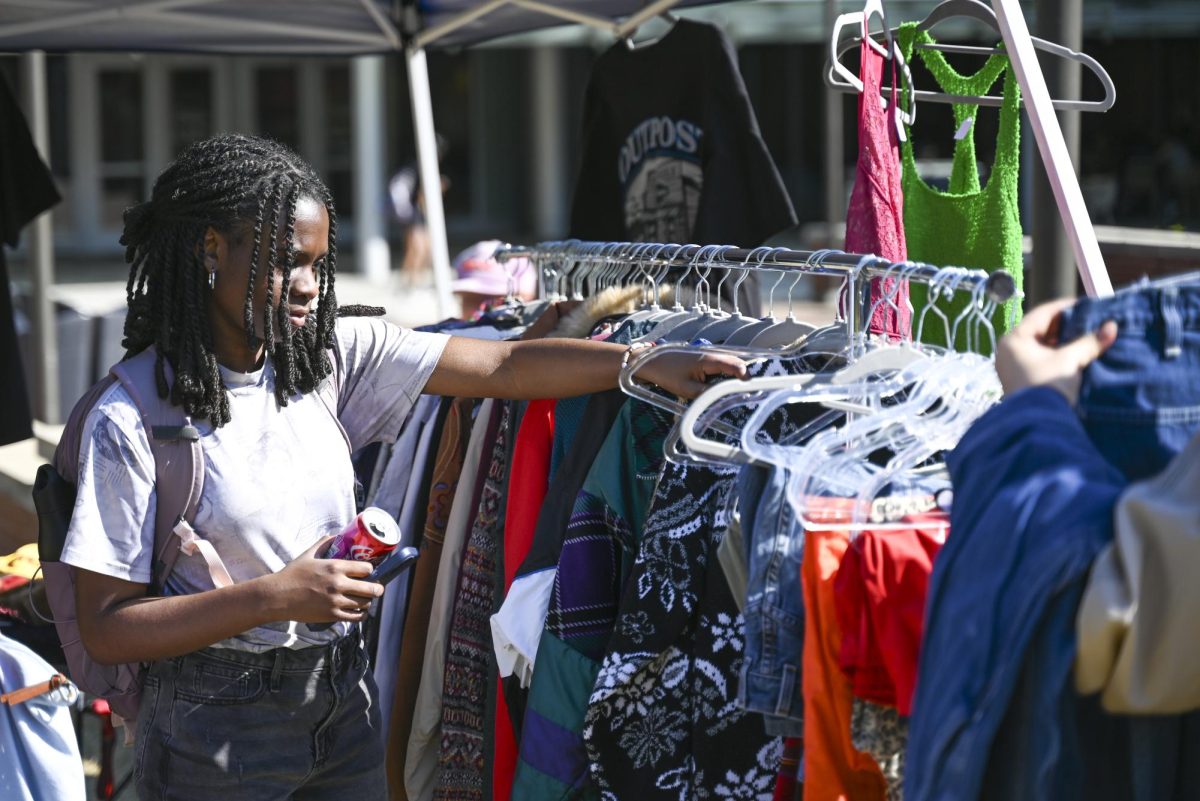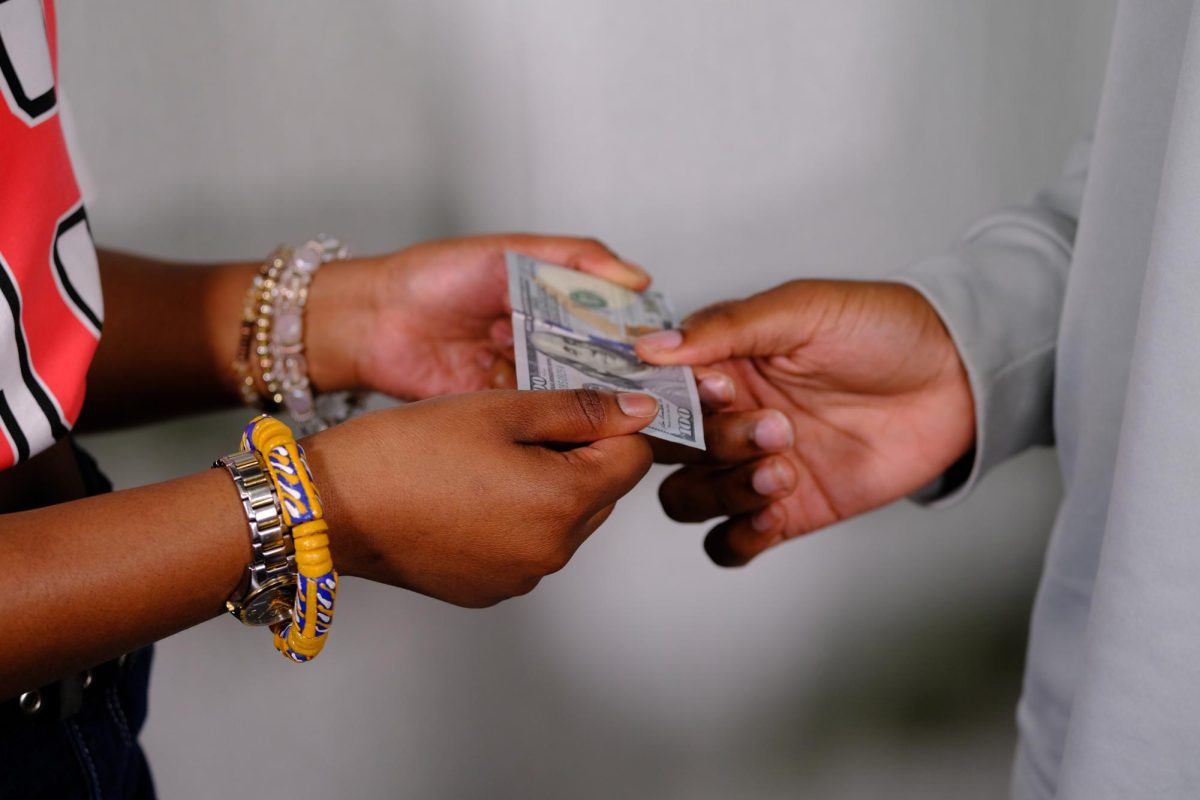Rupert W. Nacoste, Ph.D.
When Pope Francis arrived in the U.S. he was warmly and respectfully greeted by President Barack Obama. Seeing Pope Francis on American soil should remind us that Americans once were afraid to have a Catholic as our President. Presidential candidate John F. Kennedy, a Catholic, had to over and over again highlight his belief in the separation of church and state.
Verbal expression of resistance to an American President being a Catholic was religious bigotry. The same goes for expressions about an American Muslim. Dr. Ben Carson was an outstanding, groundbreaking neurosurgeon; he is not outstanding as a political leader. In public, Dr. Carson firmly said no American Muslim should ever be “…allowed” to be President. Anyone running for President should know that the U.S. Constitution says that “…no religious test shall ever be required as a qualification to any office or public trust under the United States.”
Ben Carson’s statement then, is not a part of our American political structure; it is religious bigotry. Yet Dr. Carson has been surprised by the objections to his statement about Muslim American citizens. He is surprised because his is a primal bigotry. It is a prejudiced belief so firmly and confidently held that the person does not understand how anyone would disagree or be repulsed by that bigotry. Bigotry can be about any group. Nowadays too many are confused about that fact. Anybody, you see, can be a bigot. Skin-color does not prevent or absolve bigotry.
That is why talking about racism at the individual-psychological level is inaccurate, misleading and confusing. Yes, there has been a long, painful history of racism in America. Yes, there continues to be pockets and remnants of racism in America. But racism is a system of institutional and organizational patterns of law, policy and action that support individual prejudice and bigotry. Through the Civil Rights Movement’s grass root protests and legal challenges based on our Constitution, we have successfully attacked and dismantled the systems of racism, sexism and gender-ism. If we had not, someone who tried to violate the Supreme Court’s rulings on unconstitutional (racial, gender, religious, sexual-orientation) discrimination would not end up in jail like Kim Davis did.
Talking about racism as if it occurs at the individual-psychological level is what has led some to try to absolve black people as a (once) racially oppressed people, of being able to have racial prejudice that can be expressed in verbal, nonverbal, and other behaviors (bigotry). Yet skin-color does not eliminate the possibility of bigotry coming from members of any group. When it comes to individual’s feelings about people from different groups, bigotry can come from anyone; there are no innocent.
Social psychologists, like me, have analyzed intergroup tensions this way since the 1954 publication of Gordon Allport’s classic book, “The Nature of Prejudice”; prejudice is not bigotry; bigotry is not racism. Back then discussions of bigotry focused mostly on race-relations, but now the issues of intergroup tension are multi-dimensional. In today’s age of neo-diversity, there are so many American groups that individuals can feel prejudice towards; homosexuals, Muslims, transgendered persons, Christians, women, persons with visible bodily-conditions, military veterans, persons with mental-health conditions, interracial-couples, and on and on. Neo-diversity gives all us individuals lots of targets for expressions of anti-group feelings (prejudice) that can be expressed in behavior (bigotry). Especially in that neo-diversity context, anyone can be a bigot. Any college-educated person who believes that skin-color prevents bigotry has been miseducated. Ben Carson is just one example of an apparently upstanding person, who happens to be black, being a religious-bigot.
Dr. Rupert Nacoste is Alumni Distinguished Undergraduate Professor of Psychology and author of “Taking on Diversity: How we can move from anxiety to respect.”


